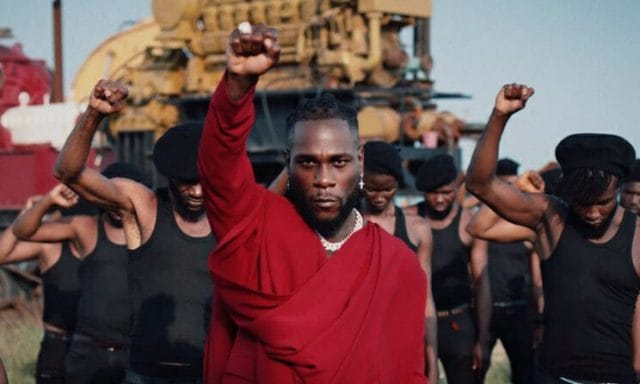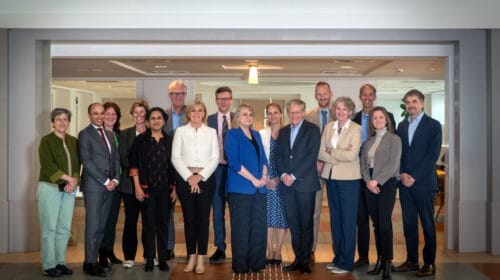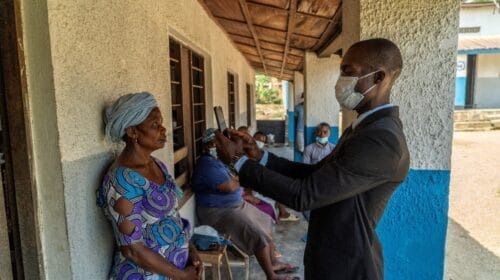Nigerian music industry ‘still has a long way to go’ –…

Native Records is the music division of Africa-facing media and content company Native Networks. The label’s vision is to develop young African artists and promote youth culture while advancing the Afrobeats agenda championed by its mother company.
Nigerian music fans are listening to more music than any other country globally, according to the International Federation of the Phonographic Industry’s Engaging with Music 2022 report. Still, Saraki pointed to an overreliance on live performances, which was dealt a heavy blow by the COVID-19 pandemic, and a lack of adequate performance venues in the country among key challenges with the industry.
“COVID shows how brittle that infrastructure can be and the effect it has on people if an entire revenue stream is taken out,” he said. “Artists are either doing an 8 000 or 9 000-capacity show or having a hard time finding venues to perform in… there are no massive arenas. So Nigeria still has a long way to go in terms of infrastructure.”
Offering his solution to the aforementioned issues, Saraki said: “For us, it’s about looking at our closest community because if we stretch ourselves too far, it can be easy not to have that much impact. If we can have a studio that artists and labels can access freely and be able to create in peace without being disturbed by the police or anyone thinking there’s only a certain way of doing something, that is progress for us. If you do that, it’s easier to build from there.”
He also cited their recent joint venture partnership with Def Jam, which he said will “enable us to discover new talent and provide more opportunities for us in Africa.” Additionally, “being able to perform regularly in venues while you’re developing your skills is a key step for any artist trying to build.”
Native co-founder Shola Fagbemi added: “We want to create a pipeline that is sustainable and an ecosystem where new artists can develop and have extended and successful careers in music.”
On what they would change about Nigeria’s music industry, Saraki said: “This idea that if you’re from a certain place, you need to make a certain type of music needs to change for everyone to be free. And it’s something that’s only really levelled against certain countries, which doesn’t really make sense to me. No one expects a certain type of music from a black or white British artist. But if you’re a black African artist and you’re not making what’s essentially pop music, people look at you like you’re crazy.”
Fagbemi added: “There’s a need for the better development of artists and giving them a space where they can do that, whether that’s through writing camps or production camps, having higher quality studios or access to information. There is an onus on artists to discover everything themselves and that leads to quite a few gaps in knowledge in terms of how the industry works and how you can leverage communities.”
Read the full interview here.




